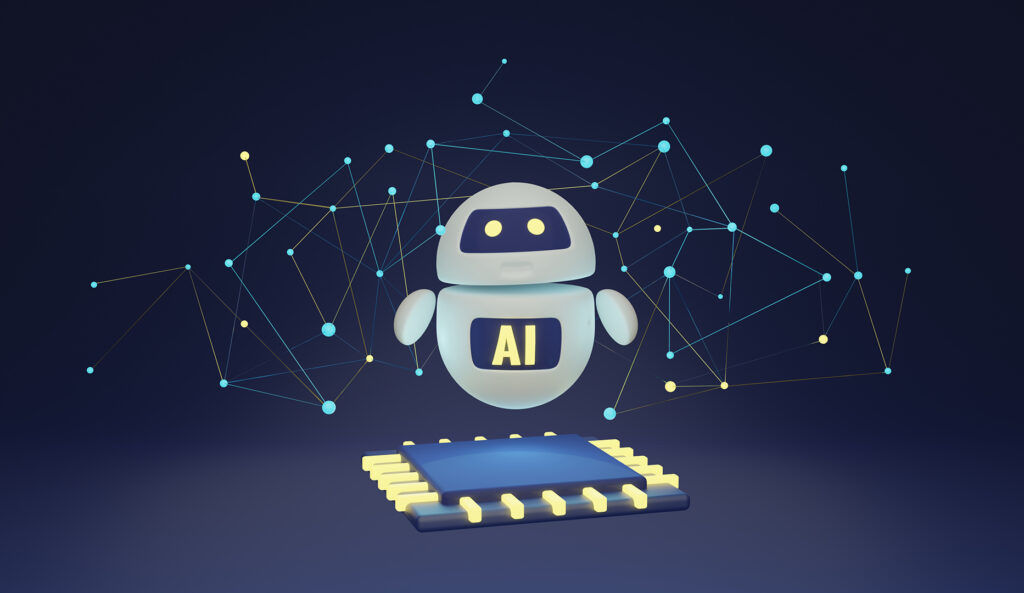Navigating the Impact of AI on Customer Service Jobs: A Complex Transition

Artificial Intelligence (AI) is making significant strides in reshaping the landscape of customer service jobs, with experts predicting that low-level positions may be the first to face transformation. However, amidst concerns about job displacement, there is a silver lining of potential benefits.
Take, for instance, the efforts of Miami-based software company Air AI, which is pioneering the development of the world’s first AI assistant capable of engaging in 10 to 40-minute-long phone conversations indistinguishable from those with a human customer service agent. According to Air AI, their product can perform the entire job of a full-time agent without the need for training, management, or motivation. This innovation aims to work round the clock, providing a level of availability and efficiency that human agents cannot match.
Take, for instance, the efforts of Miami-based software company Air AI, which is pioneering the development of the world’s first AI assistant capable of engaging in 10 to 40-minute-long phone conversations indistinguishable from those with a human customer service agent. According to Air AI, their product can perform the entire job of a full-time agent without the need for training, management, or motivation. This innovation aims to work round the clock, providing a level of availability and efficiency that human agents cannot match.
Dr. Mansoor Somro, a Future of Work enthusiast and professor in Sustainability and International Business at Teesside University International Business School in the UK, sees the technology developed by Air AI as a clear indication that AI is making strides to replace humans in the workplace. His observations on a sample call provided by Air AI suggest that AI, particularly in customer service, is progressing, albeit with room for improvement in terms of speed and engagement.
While acknowledging the advancements in AI-to-customer conversations, Somro believes that AI is indeed making inroads into customer service jobs first. He anticipates that around 25% of jobs across various industries could be lost by 2030 due to AI’s impact on entry-level positions. This aligns with the predictions from the Future of Work Centre at Teesside University, indicating a substantial shift in the job market.
The fear of AI displacing human workers, particularly in entry-level and low-skilled jobs, persists. A Goldman Sachs report suggests that up to 300 million full-time jobs globally could be impacted by increased AI system use. Somro predicts that programming jobs, roles in the software and information technology industry, and customer service jobs across various sectors, including banking and car showrooms, are likely targets for AI disruption.
Notably, the accelerated use of chatbots and AI in customer service over the last three to six months reflects the growing reliance on these technologies. While chatbots have been used for simple-level customer service, recent advancements have expanded their role. Companies are testing the feasibility of running 24/7 support services, real-time customer service, and offshoring through chatbots, leading to a significant transformation in the industry.
Employees at Amazon who have experimented with ChatGPT as a work assistant report that it performs admirably when addressing complex customer support questions. The integration of chatbots into customer service processes is a trend expected to continue growing. A 2022 study by Gartner IT anticipates that chatbots will become the primary customer service channel for approximately 25% of all organizations by 2027.
Despite the technological advancements, the human interface remains crucial. The personalized touch, empathy, and engagement provided by human agents are elements that AI struggles to replicate convincingly. While AI may handle simpler stages of customer service and offer solutions, it is unlikely to entirely replace human agents when it comes to addressing complex issues that require emotional intelligence.
Dr. Somro emphasizes that the human touch in customer service is still valued and appreciated. Although AI may continue to play a significant role in streamlining processes and providing solutions, the irreplaceable aspects of human interaction will persist. The ability to adapt to these changes and combine the strengths of AI with human qualities such as empathy will be crucial for the future of customer service.
Despite the short-term challenges and potential job displacement, Somro remains optimistic about the long-term prospects. He envisions that, after a period of seven to ten years, the job market will find stability as new ways of working emerge. As AI becomes more integrated across industries, it is expected to create new job opportunities, contributing to overall workforce growth.
In conclusion, the impact of AI on customer service jobs presents a multifaceted scenario. While advancements in AI technology may lead to the automation of certain tasks and the transformation of entry-level positions, the intrinsic value of human interaction in customer service cannot be replaced entirely. As industries navigate this complex transition, a balanced approach that leverages the strengths of both AI and human agents is key to maximizing efficiency while preserving the human touch.
